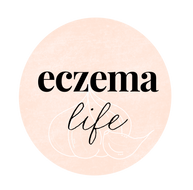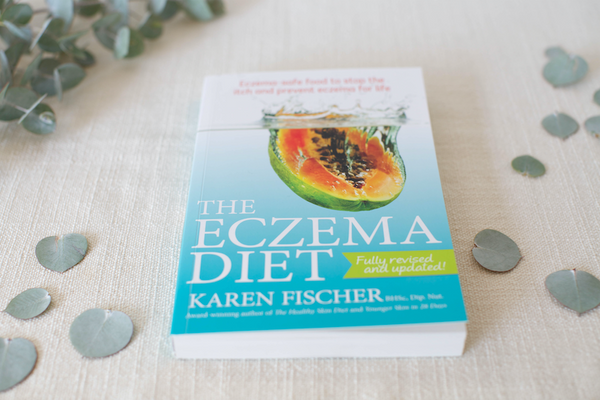What is atopic dermatitis and how to treat it

Atopic eczema, also known as atopic dermatitis, is eczema with one or more allergies present. Symptoms include itchy, dry, cracked and inflamed skin. It can also weep and blister and it can be very painful.
Atopic dermatitis is not contagious and it typically affects the face, insides of the elbows and backs of the knees. However, it can affect most of the body in severe cases.
A large proportion of Americans - 31.6 million people - have symptoms of eczema, and 17.8 million have medically diagnosed atopic dermatitis, which is considered the most severe and chronic form of eczema.
Atopic dermatitis is common in children, and typically begins during childhood, although it can occur at any age. Triggers of atopic dermatitis include:
- allergic reactions and food sensitivities
- fatty liver and sluggish liver function from high sugar/fat consumption
- skin infections
- nutritional deficiencies
- diet high in acid-forming foods
- soaps and detergents
- environmental sensitivities
- stress
Nutritional support for atopic dermatitis
When the skin is inflamed, additional nutritional support is often required as the body uses more nutrients, so deficiencies can more readily occur. In addition to this, a deficiency in biotin, vitamin B1, vitamin B2, vitamin B5 or calcium can also cause dermatitis.
Biotin deficiency leads to eczema/dermatitis and hair loss (alopecia), which is common in people with severe atopic dermatitis and/or topical steroid withdrawal.
At the Eczema Life Clinic we prescribe Skin Friend for nutritional support for all types of dermatitis, including atopic dermatitis which is associated with allergies (atopic means 'associated with allergies'). Skin Friend also contains ingredients that assist in the healing and repair of the skin, and supports the health and function of the immune system.
Dietary changes can also be very helpful in preventing atopic dermatitis. The Eczema Diet is ideal for people who have skin inflammation. If you are unsure if your dermatitis is worsened by food sensitivities, this program can help you to identify problem foods.
The Eczema diet also gives the body and digestive system a break from high salicylate foods. Salicylates are a natural chemical made by plants and are in many pharmaceuticals. The average Australian diet includes 10 to 200 mg of salicylates a day, which can damage the stomach lining and cause dermatitis.
SHOP THE STORY
About the author: Nutritionist Karen Fischer runs the Eczema Life Clinic in Sydney, Australia. She has worked with hundreds of patients with eczema, TSW, red skin syndrome, psoriasis and dermatitis. She is a frequent guest nutritionist on Nine Network's Today Extra and recently featured on 7 Prime-Time News talking about her eczema program.
References
Mock, D.M., 1991, 'Skin manifestations of biotin deficiency', Seminars in Dermatology, Vol. 10, No. 4, pp. 296-302.
Loblay, R.H. and Swain, A.R. 2006. 'Food Intolerance'. Recent Advances in Clinical Nutrition. Retrieved 1 April 2011: www.nsw.gov.au.
Photo: Ayva (Karen Fischer's daughter before and after treatment). Photos are property of Eczema Life and may not be used without written permission from Karen Fischer.


